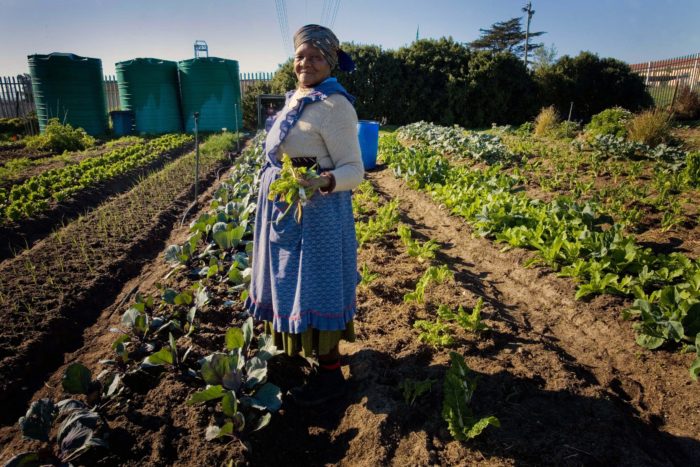Why Africa Needs More Agritech Entrepreneurs
Agriculture remains the backbone of Africa's economy, employing around 70% of the population and contributing about 32% to the continent's GDP as of 2016. Growth in agriculture is proven to be 11 times more effective in reducing poverty than growth in other sectors. The agricultural value chain is poised to create more jobs than any other sector in countries like Ethiopia, Malawi, Mozambique, Tanzania, Uganda, and Zambia.
Challenges and Potential
Despite its significance, agriculture in Africa has not yet reached its full potential. Approximately 160 million Africans still face hunger daily due to low food production and other challenges. Many farmers lack access to improved seeds, fertilizers, and modern farming techniques. While some African entrepreneurs, including tech innovators, are addressing these issues, the scope of the challenge calls for more agritech entrepreneurs to join the effort.
Rise of Agritech
Recent years have seen a surge in agritech startups across Africa. By early 2018, there were 82 agritech startups, with over half launching in the preceding two years—a 110% increase. In 2017, these startups raised $13.2 million in funding, a 121% increase from 2016. About 38% of drone tech applications in Africa serve the agriculture sector.
Innovative companies like FarmCrowdy in Nigeria help farmers raise capital, while Kenya's Twiga Foods connects farmers with vendors. In Nigeria, Angel Adelaja pioneers vertical farming and hydroponics. South Africa's Aerobotics uses drones for crop protection, and Ghana’s Agrocenta provides farmers access to markets and capital. These startups aim to boost yield, efficiency, and profitability for farmers.
Impact and Challenges
Agritech startups are gradually making an impact. For instance, Hello Tractor has assisted 22,500 farmers in Nigeria and Kenya, achieving a 200% increase in yields. FarmCrowdy has helped 3,000 small-holder farmers expand operations and increase revenue. Digital Green has reached 1.2 million farmers in Ethiopia, Ghana, Malawi, and Niger with educational videos on best farming practices.
However, challenges remain. Infrastructural issues and low literacy levels among smallholder farmers make technology adoption difficult. Distrust of technology is another hurdle, but with proper training and education, this can be overcome. Additionally, many smallholder farmers cannot afford these technologies. Agritech startups can address this through flexible payment options and facilitating access to agricultural credit.
The Road Ahead
While agritech startups have made strides, more efforts are needed to enhance productivity and profitability across Africa's food system. Currently, 60% of agritech startups are concentrated in Kenya, Ghana, and Nigeria. To have a continent-wide impact, more startups need to emerge in other countries, especially those with severe food security issues like Chad.
The impending global population growth to 9.1 billion by 2050, with 2 billion in Africa, necessitates a 70% increase in food production to prevent a larger hunger crisis. Many agritech sub-sectors remain untapped, with few startups in precision farming and soil management. Research and development in biotechnology, robotics, and AI are essential. As agritech is relatively new in Africa, there’s a need to ramp up skills training in areas like vertical farming and hydroponics.
To address its food production challenges swiftly, Africa must embrace technological advancements in agriculture. No other sector holds as much potential to lift millions out of poverty and ensure food security for the future.







Post a Comment